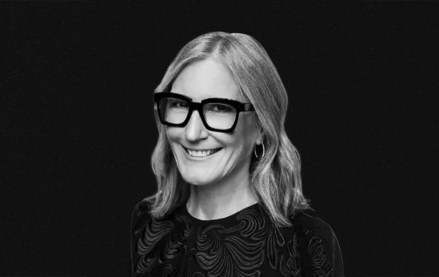Nine passes left to attend the Digiday Publishing Summit
‘It’s hard to find thinkers and doers’: The challenges of hiring programmatic experts

When Gosha Khuchua was looking to hire a head of trading to build an in-house programmatic team for Los Angeles-based Ticketmaster, he couldn’t find an appropriate candidate in the region. So he started searching in other cities and even overseas. He finally found someone in London and helped her relocate to L.A. for the job, which took around three months.
“We would not have been able to find the same caliber of talent locally, even though L.A. is the second-biggest city in the U.S.,” said Khuchua, senior director of digital and programmatic media for Ticketmaster, explaining that the candidate previously worked on the Ticketmaster account when she was on the agency side, so she had experience in managing high-velocity direct-response campaigns, something that would have required a steep learning curve for someone coming into the business cold.
Khuchua’s experience is familiar to brands that have made serious investments in ad tech by either moving their data-management platform and their demand-side platform in-house, or doing everything — from strategy to execution — on their own. Those companies struggle to find ad tech talent that truly understands programmatic and has extensive background in media planning.
For some, such a challenge is an internal problem. As an anonymous media head at a big consumer packaged goods company described, it could be easier for a smaller firm to integrate programmatic well because at a conglomerate like his employer there are so many people to win over and it would take years to change the existing media strategy. And programmatic experts have many job options today, so the supply and demand is a little off balance, he said.
While for others, it’s more of a talent drought on the execution side. Ticketmaster’s Khuchua doesn’t think that it is hard to find the “doers” who know how to use a DMP or a DSP. After all, programmatic has been around at scale for four to six years. But it is hard to find the “thinkers and doers” who can think holistically and know the nuances in different marketing strategies.
“A lot of programmatic folks were not taught how to effectively structure holistic media strategies, as they’ve been confined to their one silo,” explained Khuchua. “They missed out on cross-channel media plans and pitches that folks in media agencies are usually involved in.”
Once you find the right programmatic lead in your company who is able to think strategically, the rest takes care of itself, he said. People can be trained to use the software and learn your company’s approach quickly, he noted.
Location is another hurdle. Ad tech talent is concentrated in New York City, London and Chicago, meaning that finding local talent may be a lot tougher for a West Coast brand like Ticketmaster.
Jay Friedman, chief operating officer for media agency Goodway Group, echoed the same sentiment saying that if a brand is located in Dallas or Atlanta, it will probably only be able to find three to five people in the whole city who are able to do programmatic at a leadership level. And if the brand is looking for someone who can execute programmatic campaigns and at the same time understands how traditional media planning works, the person usually asks far more than the marketer is willing to pay, he said.
“I also think that if you work for a brand, you will likely be the only person versus working for an agency where you are surrounded by a group of ad tech people and learn more,” Friedman noted.
But that’s not to say a client-side role is not appealing. While Tyler Pietz, a former agency executive and now an independent programmatic consultant, thinks that it is harder for brands to entice someone to move from “core hubs” like New York City, San Francisco, Chicago and L.A., he would be open to such job opportunity because it offers a greater degree of ownership and is less beholden to “outdated agency models or competing interests.”
“I would be open to relocating, but it obviously depends on the opportunity,” said Pietz. “My primary concern would be the people and the organization itself: Does the company have the capacity to make quick, autonomously driven decisions? Is it ready for change?”
More in Marketing

‘Consumers are dying to get out of their houses’: How Cinemark’s CMO is getting people back to the movies
A look at how consumer demand looks in the movie industry and what other retailers can learn from Cinemark’s loyalty and membership programs.

Platform and agency execs recommended must-reads to unwind during busy periods
Senior execs from the likes of TikTok, Snap, OMD USA, Publicis London and more let us in on their favorite page-turners to unwind.

In Graphic Detail: AI adoption increases, but U.S. consumers are still wary
Digiday has charted the rise of generative AI, big tech’s investment into AI as well as agencies’ top use cases and consumer sentiment.







